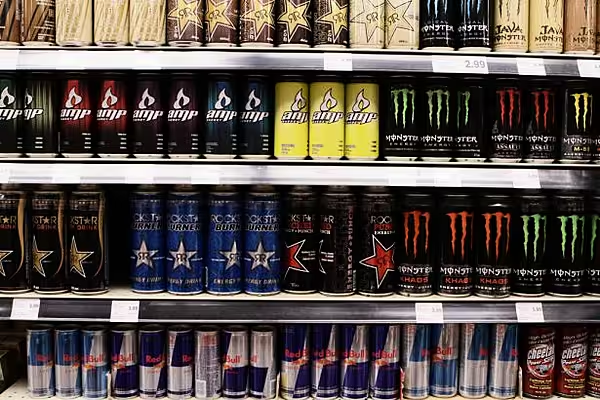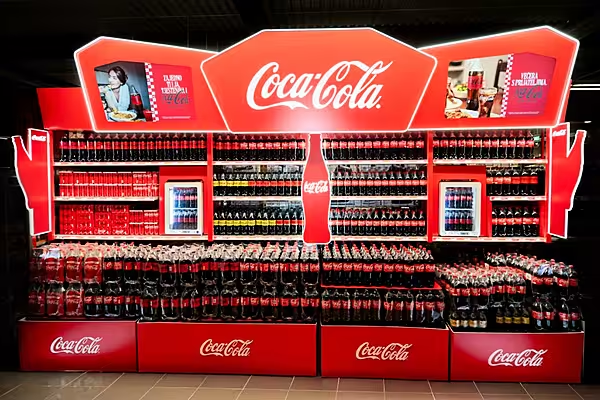The Norwegian Consumer Council has expressed concern about the 'normalisation' of high consumption of energy drinks by young consumers under the age of 18.
The council references several surveys since 2015 and new figures from Norstat. The data shows that over half of young people between the ages of 13 and 18 consume energy drinks. Most do so weekly, while one in ten report daily consumption.
A can of energy drink contains as much caffeine as two to three cups of filter coffee which some argue may be more than a young, developing brain can tolerate.
'Addictive Product'
"Energy drinks are an addictive product that is not recommended for children, where we unfortunately see that their use has been normalised over several years," said Inger Lise Blyverket, director of the Norwegian Consumer Council.
"Therefore, it is urgent to put the promised age limit in place."
The Norwegian Parliament passed a 16-year age limit for purchasing energy drinks, but so far the legislation has been slow to come into effect.
Social Media
The research also shows a link between high consumption of energy drinks and more frequent use of social media for young people.
While half of energy drink users report spending more than three hours a day on social media, this is only true for one in three who do not drink such products.
Meanwhile, the National Institute for Consumer Research (SIFO) studied the accounts of popular influencers on Instagram and TikTok earlier this year, a full 24% of the content turned out to be advertising.
The products that were featured were sports and energy drinks from companies.
"Caffeine makes you more excited and alert, and the disadvantage is that it can steal the deep, good sleep we need to recharge," said Blyverket. "In children and adolescents, it can, in the worst case, disrupt brain development."










